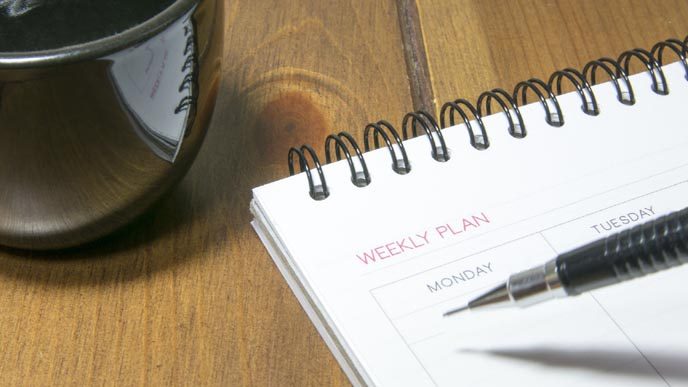Several months back, I was invited out to an all-day workshop being put on by YouTube for YouTube partners interested in growing their channels. There were people there who did videos about fashion and makeup, people who had cooking channels, people who ran the social media for music companies, and more. It was quite the diverse group of content creators.
And while the workshop was understandably approached from the perspective of posting popular videos on YouTube, the key lessons can easily be extended and adapted to all sorts of other business endeavors, particularly in terms of online content. Two of the biggest take-home lessons there was that your content should be consistent and it should be sustainable. People who come to watch your videos on YouTube should have a reasonable set of expectations for what you’re going to show them and when, right?
Now think about this in the context of blogging.
Make Blogging a Habit
A very common piece of advice handed down with the best of intentions since practically the dawn of professional blogging is that you need to be consistent with your blogging schedule. If you want to grow your audience, if you want not only to attract but also to retain your readers, you need to be consistent. There may be some exceptions that crop up now and then, but readers of your blog, just like viewers of your YouTube channels, should have a decent idea of what to expect.

It would be completely out of the ordinary if you published 20 very short blog posts on Monday, post nothing for the next couple of days, come back with a 10,000 essay on Wednesday, and then not post anything new for another two weeks. It’s completely haphazard and is nowhere near the recipe for success.
You’ve surely heard this all before. How many times have you seen someone start a blog with a bursting well of enthusiasm? They publish multiple posts a day for several days, because they’re so excited about getting started. But the page views aren’t there, the ideas run dry, and suddenly the blog goes dormant for weeks at a stretch. That’s not the way to do it.
Can’t Finish If You Don’t Start
Hearing stories like that can be disheartening and deflating, so much so that you might not get started at all. How can I possibly keep up such a consistent blogging schedule when I’m so busy working on so many other things? I may as well not have a blog at all.
And this is entirely the wrong way to think about it. As you’ve likely figured out by the title of this post, consistency and frequency are not the same thing. They are not equivalent. You can be remarkably consistent without having to be overly frequent. It’s about being strategic about the content you release.
There are some blogs out there that indeed publish several posts a day and they do very well for themselves. Conversely, there are also some blogs where you’ll only find one post a week, but that one post is much more polished, much better researched, and offers much more profound insights. That’s a strategy that can work just as well, if not better.
Your Daily Dose of…
Don’t think that in order to have a consistent blog schedule, you must have a new post on your blog each and every day. Daily blogging isn’t a bad strategy, but it also isn’t the only strategy. I would recommend blogging at least once a week, if not more often than that, if you want to grow and retain your audience. Any longer than a week, especially if these gaps happen more often, and you could take some serious performance hits both organically and through search engines.
Google likes websites that are updated regularly. And so do your readers.
You need both consistency and sustainability. If you choose to blog daily, commit yourself to that schedule. If you don’t think you’ll be able to keep it up, that’s okay. A less frequent schedule can still be highly effective, but you need to sustain it for the long haul and it needs to be consistent for the long haul. Random delivery never served anyone well.
